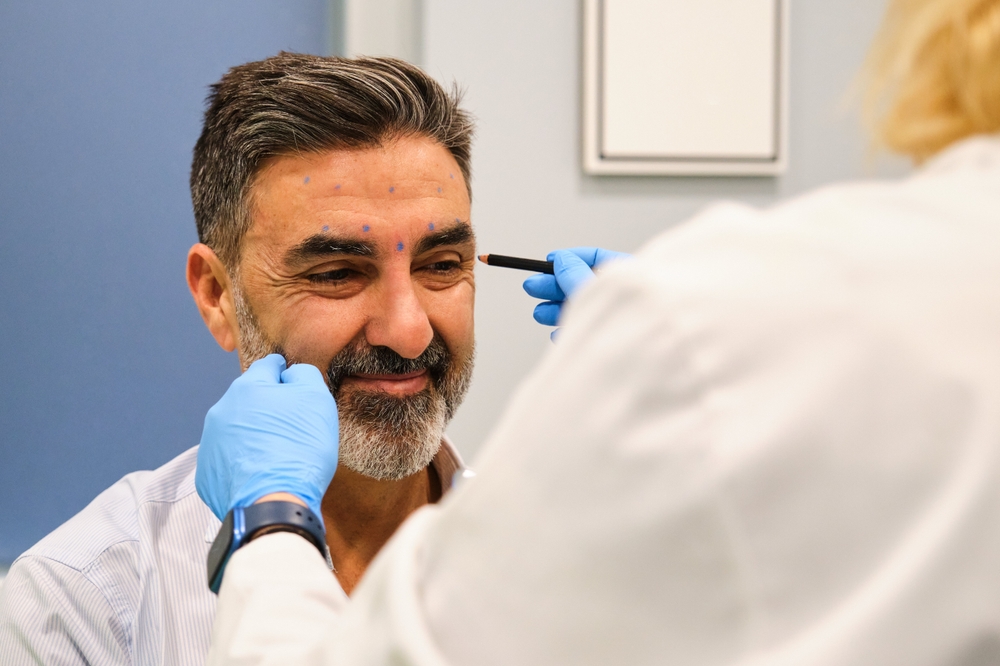An injury can be frustrating, especially when it keeps you from doing what you love. Whether you’re a competitive athlete or just someone who enjoys staying active, proper recovery is essential to getting back to peak performance. While rest and rehabilitation are key, what you eat plays a crucial role in how quickly and effectively your body heals.
At the Institute for Functional Health, we take a root cause healthcare approach, focusing on how lifestyle factors—including nutrition—affect healing. The right foods can reduce inflammation, promote tissue repair, and accelerate sports injury recovery.
The Role of Nutrition in Sports Injury Recovery
When your body is healing, it needs the right building blocks to repair damaged tissues, reduce swelling, and support overall recovery. Poor nutrition can slow this process, while the right diet can optimize it.
1. Reducing Inflammation with Anti-Inflammatory Foods
After an injury, inflammation is a natural response. However, excessive inflammation can prolong healing and cause additional discomfort. Certain foods can help keep it under control:
- Omega-3 fatty acids (found in salmon, flaxseeds, and walnuts) help reduce swelling and promote tissue repair.
- Leafy greens like spinach and kale contain antioxidants that fight inflammation.
- Turmeric and ginger have powerful anti-inflammatory properties that can help manage pain naturally.
2. Protein: The Building Block of Recovery
Your muscles, tendons, and ligaments need protein to rebuild after an injury. Without enough, your body won’t have the materials it needs to repair properly.
- Lean meats, eggs, and fish provide high-quality protein for tissue regeneration.
- Plant-based options like lentils, chickpeas, and quinoa are excellent choices for vegetarians.
- Collagen-rich foods like bone broth and gelatin support joint and ligament repair.
3. Vitamins and Minerals That Speed Up Healing
Certain nutrients play a critical role in sports injury recovery, ensuring your body gets what it needs for cellular repair and immune support.
- Vitamin C (found in oranges, strawberries, and bell peppers) helps produce collagen, which is essential for tissue repair.
- Vitamin D (from sunlight, fatty fish, and fortified foods) supports bone healing and immune function.
- Zinc (found in nuts, seeds, and shellfish) is crucial for wound healing and immune response.
- Magnesium (found in almonds, spinach, and avocados) helps relax muscles and prevent cramps.
4. Hydration: Don’t Overlook This Recovery Essential
Water is essential for every function in the body, including healing. Dehydration can slow recovery, increase soreness, and even delay muscle repair.
- Aim for at least half your body weight in ounces of water per day to stay hydrated.
- Electrolyte-rich drinks like coconut water or bone broth can help replenish lost minerals after intense activity.
- Avoid sugary sports drinks, which can increase inflammation rather than help recovery.
How Functional Medicine Supports Sports Injury Recovery
At the Institute for Functional Health, we don’t just treat symptoms—we uncover the underlying factors that affect healing. Functional medicine considers root cause healthcare, looking at how your diet, stress levels, and even gut health influence recovery.
We work with athletes and active individuals to develop personalized nutrition and recovery plans that address their unique needs. Whether you’re dealing with a sprained ankle, a muscle tear, or post-surgical healing, a functional approach ensures you’re giving your body everything it needs to recover fully.
Get Back in the Game with the Right Nutrition
Recovery isn’t just about rest—it’s about fueling your body with the nutrients it needs to heal faster and stronger. By focusing on anti-inflammatory foods, adequate protein, essential vitamins, and proper hydration, you can support your body’s natural repair processes and get back to doing what you love. Contact us today to learn how functional medicine can support your sports injury recovery and optimize your overall performance.












